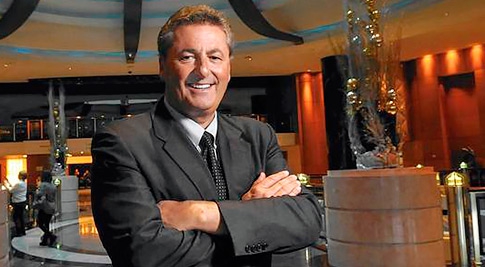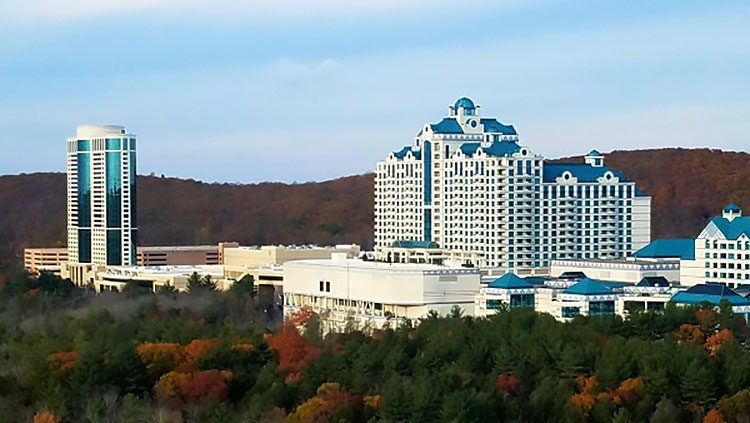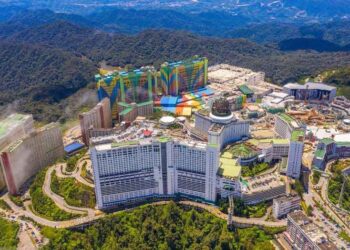The CEO of US tribal casino Foxwoods has pointed to Japan’s regional IR city candidates as the perfect fit for his company’s long-term ambitions as it explores possible international expansion.
Speaking exclusively to Inside Asian Gaming at the Japan Gaming Congress last week, Felix Rappaport outlined Foxwoods’ intention to pursue a Japan casino license, noting that although he was interested in any and all candidate locations, a regional IR appears to be a perfect fit.
“All of the locations being discussed – Osaka, Yokohama, Tokyo, Nagasaki, Hokkaido – have their own individual charm and appeal but we certainly can’t help but notice that in some of the regional areas there is somewhat of an overlap in terms of what we’ve built in Connecticut and what some of the prefectures and communities are looking to build here,” Rappaport said.
“We are a perfect example of a destination resort where people are willing to drive a little further or travel a little further because once they get there, there is a whole feast of things to do.
“We know it is a very competitive environment (for a Japan license) and we also know our limitations. Are we the biggest gaming company in the world? Absolutely not. But we think we bring certain advantages that perhaps other companies don’t have.”

In particular, Rappaport points to Foxwoods’ tribal roots as a good match for Japan where respecting and showcasing traditional Japanese culture will play an important role in any IR development.
Foxwoods is owned and operated by the Mashantucket Pequot Tribal Nation on their reservation located in Ledyard, Connecticut – a remote location about 80 miles from Boston and 125 miles from New York. The resort boasts six casinos and covers more than 9 million square feet with a large range of non-gaming attractions and amenities.
“Mashantucket Pequot Tribal Nation is a community and a government of 1,000-plus members and they’ve been in the area for hundreds and hundreds of years – long before the European settlers came – and they are very proud of their community,” he explained.
“They are very proud of what they’ve built but they also have great respect for other cultures so if I’m Japan, I’m making sure that, be it through museums or attractions, you build in all of that rich history and culture. The wonderful thing about Japan is that each region has its own rich history and each of the IRs that is built can have a reflection of what makes that particular region unique.”
Rappaport also sees some synergy in the likely investment threshold of Japan’s regional locations where mooted figures hover around the US$2.5 billion mark – well below the US$10 billion the likes of Las Vegas Sands and Melco Resorts have suggested for an IR in Tokyo or Osaka.
“We have participated in the RFI process in a couple of the jurisdictions and I think the number that we hear is more in the US$2 billion to US$3 billion range which is still a significant investment,” he said.
“We estimate that to recreate Foxwoods in today’s dollars in the US is probably a US$2.5 billion to US$3 billion investment, so that’s probably not totally out of line. I think it really depends.
“We are all about partnerships. We are the ultimate in respectful partners so when we come to Japan or to a particular target area for an IR we want to partner with people. We want local companies and local investment partners to work with us.”



































